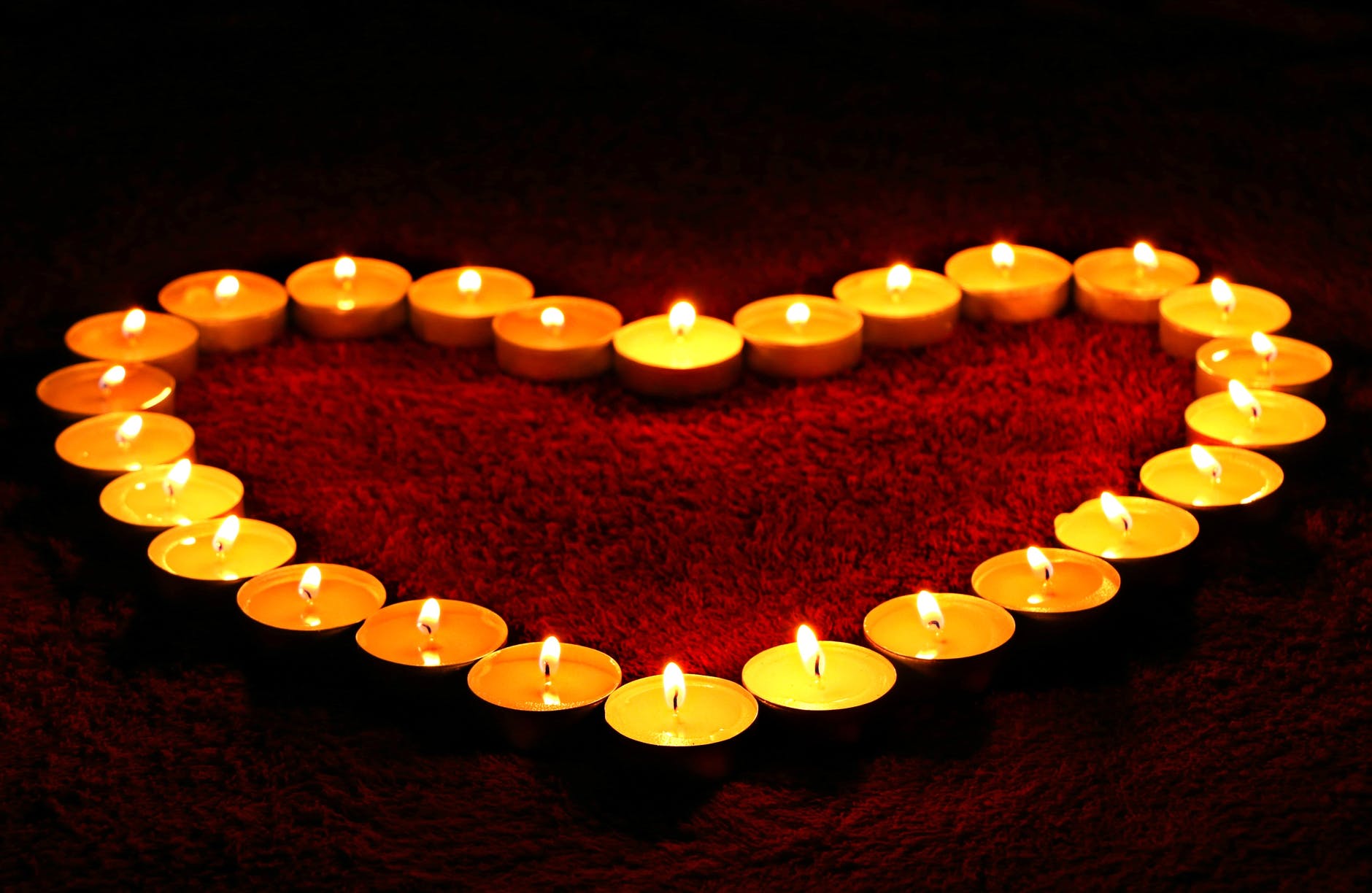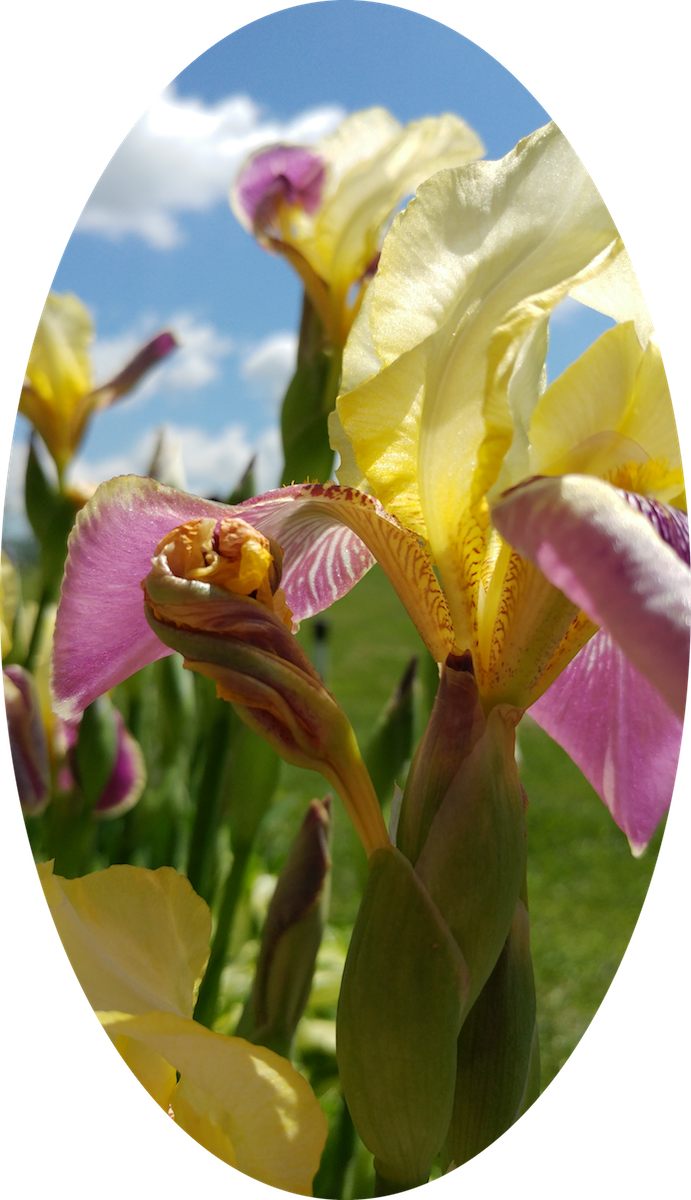Recently, I supported friends through the heartbreak of goodbye. They had imagined a full life together, and now this vision was being swiftly revoked, before their youngest would even start kindergarten.
I visited and together we worked on drafting legacy letters. One of this friend’s deepest fears was his children not remembering him. As his illness progressed, we modified our approach, ending with me asking simple questions that required short answers (mainly a list of his favorite things in life). These messages along with videos he had made will be treasured keepsakes.

I also kept my focus on his wife’s journey—her questions, fears, and responses to what was happening. Even when we can logically understand an inevitable course of events, our brains temper the full realization of a signficant loss. We pace ourselves in order to survive it.
Her husband wanted nothing to do with dying, not so much for fear of death, but for love of life. He desperately yearned for more time with his family. He had always been incredibly active with a true zest for making his days count. As his energy and independence waned, his desire to be present did not. We had a few tender talks about the end, yet mainly his attention was on the here and now.
My friend began to ask some big questions as she witnessed her partner’s suffering: Why does dying have to be like this? Why does it have to be a long, painful process? As a doula, I practice from a place of curiosity and neutrality. Instead of answering questions directly, I often turn the spotlight back: This is so hard. Do you have any thoughts about why dying happens like this?
Probably because they were friends and not “clients,” my boundaries were more permeable. I decided, instead, to launch into a theory I have:
I wonder if dying is similar to the end of pregnancy. When nearing birth, women usually get tired of being pregnant. You’re not able to eat a full meal. There’s heartburn. You’re using the bathroom all the time. You can’t sleep well. You’re rarely comfortable. You want your body back. You reach the point of being done. I wonder if there is a reason for this discomfort. Maybe it’s to help a woman be more open to labor, more accepting of the idea of it. We surrender into birth with less resistance, even though we know it’s really, really intense.
When nearing the end of life, I wonder if it’s similar. You’re not comfortable in your body anymore. Everything is changing—eating, sleeping, and physical abilities. Some people seem to reach this place of being done. They’re tired of all the discomfort and the decline they’ve been enduring. Maybe this helps us open up to the idea of dying. Maybe it allows us to surrender into that mystery slightly more willing.
My friend nodded politely, letting it filter through her lens.
In my unspoken thoughts, I also pondered the similarities between the curiosity a soon-to-be mother feels about meeting her baby and the curiosity someone might feel about discovering the unknowns of death. Based on specific beliefs, do dying people want to “meet their maker”? Or see their ancestors who await or pets who have crossed the “rainbow bridge”? Is there a longing to enter into “soul sleep” or dissolve into nothingness? Do our inquiring minds beckon us onward: Is there anything more? What, if anything, awaits me?
A week later, as my friend sadly laments even more drastic shifts in her beloved’s health, I bring up the pregnancy analogy again. She tells me she actually loved being pregnant both times. She walked and ran; she felt great. She even worked a four-hour shift while in early labor. Her births were pretty straightforward, she explains. My theory hadn’t landed. It didn’t speak to her lived experience.
Instead of worrying about the precision of my instincts, I appreciate her honesty and the reminder: I am not an expert on anyone’s life or death. I might have ideas or thoughts to offer—some will resonate, others will not. I’m not attached to the choices clients make or the truths they hold.
There is no right way to face death. It’s not absolute; it’s personal. It’s not my job to try to force any agenda or to judge. It is my responsibility to meet people where they actually are, emotionally. I want to speak my clients’ language about the end of life.
I decide to send my friend a link to a talk from The Moth that I hoped might be more apt. It features Elizabeth Gilbert recounting her time caring for a dear one who was terminally ill. When Gilbert first showed up, she imagined how helpless and dependent her love would become. Her plan to make the dying process “gentle” backfired. That’s just not who her partner was. The story is unfiltered, full of profanity, and speaks to this sentiment: People aren’t dying. They’re either living or they’re dead. Expect and allow them to be who they are and who they’ve always been.
This time, it sticks. It validates. It broadens the vantage enough to include a different sort of unfolding—one that feels more familiar and probable to this family. And, it serves as confirmation to keep my doula heart wide open to these endless lessons.

*Shared with permission from my dear friend.


Francesca, thank you for sharing this! It reminds me that Doula work is humbling and every experience is unique. ❤️
Sent from my iPhone
>
LikeLiked by 1 person
Well said, Jayne. It certainly is humbling work. Take good care, Francesca
LikeLike
Francesca, I related to the pregnancy theory. I’ve said it before in the past. I appreciated the fact that your friend’s experience was a different experience. The fact that you didn’t push your thoughts onto her. You chose a different path, one she could relate to and understand. You clearly met her where she was. It made me realize that we need to meet the family along with the patient, where they are. It’s a family affair. Thank you for your reading material. Amy K.
LikeLike
I appreciate hearing your thoughts, Amy! May we all remain open-minded and open-hearted to the needs of those we serve. Take good care, Francesca
LikeLike
Wspaniały blog wiele przydatnych informacji zawartych w poszczególnych postach, Dzięki Ci za to serdeczne, zapraszam także do siebie…
LikeLike
Thanks for visiting!
(English translation: “A wonderful blog with a lot of useful information contained in individual posts, Thank you for this cordial, I also invite you to visit me”)
LikeLike